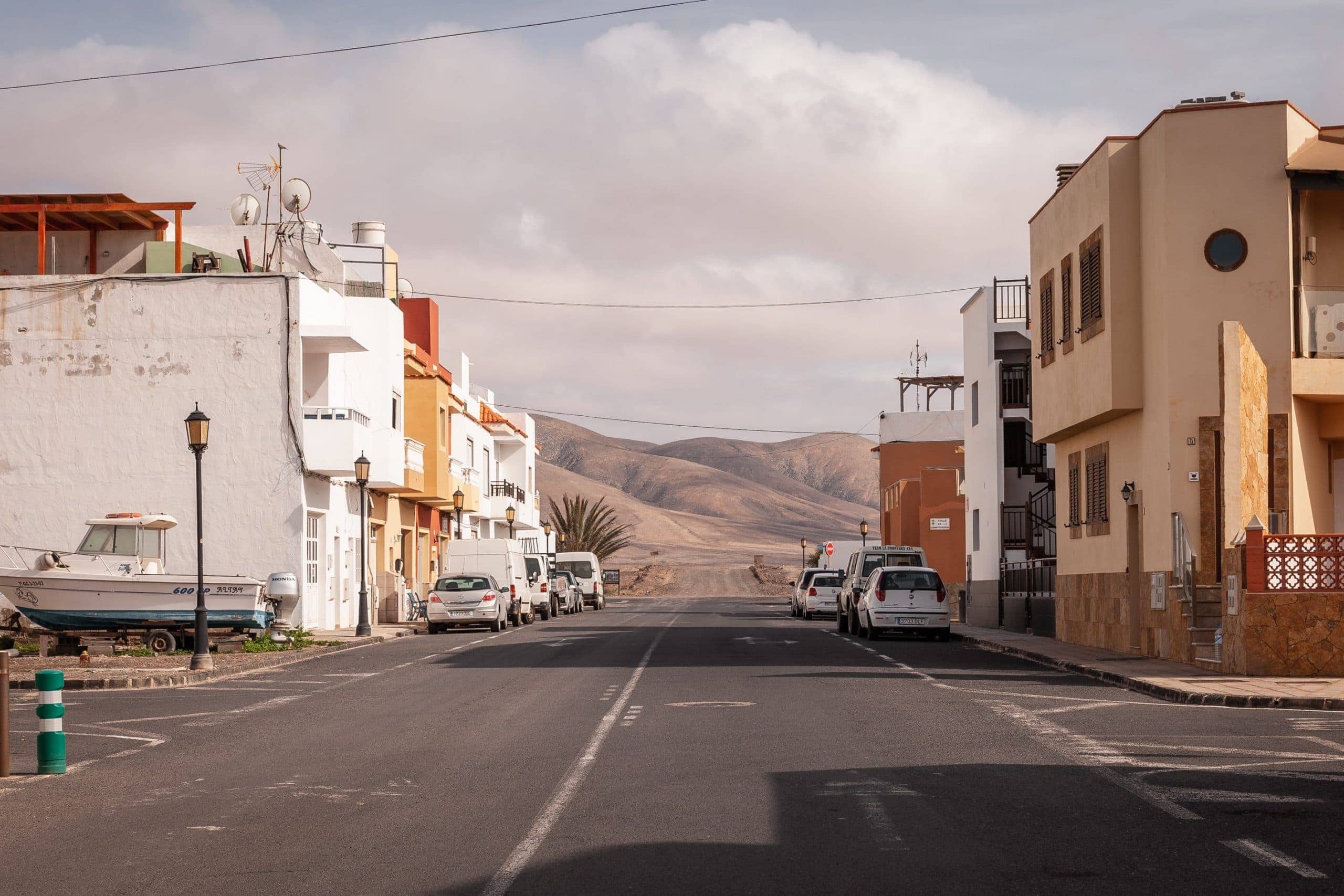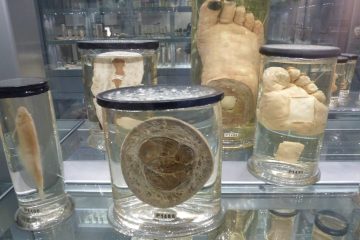

You’ve been living on a small island for a while now, long before this hit, and in that sense were already isolated – the two words are etymologically related. In fact, you’ve told me you’d been ready for this for years. Can you talk about that preparation and how your readiness has helped you cope under our new reality?
Living in El Cotillo on the island of Fuerteventura in the Canary Islands is like living in a set of Matryoshka dolls. Layers and layers of liquid reality surround and protect us from the threats of the menacing outside world. The wind blows hard and the empty streets give you the impression of being in a post-apocalyptic Dali dream.
Lockdown feels like the Russian-doll scenario – a lockdown within a lockdown, a paradox within a paradox
We have the false impression of being isolated from mass media, from consumerism, fashion, seasonal trends (the island is said to be one of ‘eternal spring’). Yet a submerged economy, natural disasters, a rising, bipolar, separatist dialogue between Spanish politicians creates in the majority a deep sense of uncertainty and visceral anger.
Lockdown feels like the Russian-doll scenario again – a lockdown within a lockdown, a paradox within a paradox. As in the Buddhist tradition, Fuerteventura goes hand-in-hand with the concept of vacuity, merging the vastness of its desert surroundings with the emptiness of its streets.


Siddhartha Gautama, the Buddha, taught us that emptiness is the ultimate nature of things. But emptiness doesn’t correspond specifically to non-existence, not with social media ‘temptiness’ nor with the lack of other superfluous and distracting realities, which take us away from the real stuff, the non-dual connection with humans and the whole vastness of nature.
From a small-minded perspective, emptiness in a world fed by modern lifestyles, by steroids and excess, turns into a balsamic solution, which sorts out some of the problems I’ve just mentioned. Emptiness is a pole apart from these chaotic, postmodern times. Living in El Cotillo has always felt like an easy-to-achieve domestic answer that cultivates a more sustainable and simplistic lifestyle. However, the tourism industry has been growing for the last few years, making the local economy very dependant on the ‘the outside world’ – a doll in a doll….
I myself have chosen a practical philosophy that takes freedom as its goal. I’m a person under the influence of Stoicism. I live a surfer’s life, which is a simple life by the ocean that prioritises health but also the cultivation of reason and the control and observation of my emotions.
For me, living by the ocean is freedom because it allows me to surf and swim every day, surrounded by fish and the natural world, and when I do these things – swimming, surfing – the perspective of the little mind starts to shrink and joy begins to rise in me. That said, I do feel conscious about what’s going on in the world, and the pandemic has brought this into sharper focus.
ArrayWe are living in tough times and I believe we have to trust our hearts to free ourselves from the control of fear, from toilet-paper panic-shopping and all that. Freedom is a personal and spiritual choice. I am free to direct my attention, to be the observer of my feelings, and to filter chunks of reality as it comes.
With these images you’ve sought to capture the atmosphere of the island in lockdown and also spoke to people you encountered in the streets. Did you get a sense of the mood of the populace?
Completely. It was very interesting to talk with a range of people from different cultures, of different ages, professions, social strata.
We are living in tough times and I believe we have to trust our hearts to free ourselves from the control of fear
It seems that the first two weeks were a kind of holiday for many. But after that, most people started to feel more worried as they realised what was actually going on, and how the Covid-19 ‘thing’ would affect them personally and economically. Most of the island works within the travel industry and related businesses.
On the other hand, there’s another bunch of the population who live off-grid and who didn’t believe official reports of what was going on, and how the government set up new Covid-19 laws in order to force the population to stay at home, imposing fines of €600, or even arresting people.
ArrayWe weren’t allowed to go out except under very special circumstances. The population of the island is about 117,000 and there were no Covid-related deaths. Forty-four cases were reported in total.
We’ve been patrolled by the local police, the Spanish Army with their helicopters, and the Guardia Civil, a national police who have been quite rough with us, treating citizens like criminals just for leaving their homes to buy essentials or to put their rubbish out.
We don’t know what’s going to happen, or where we’re going – though it’s interesting the pandemic making us realise something will happen or must be done
Many have gotten angry. There’s a general feeling that the government, at least in Fuerteventura, has been using the politics of ‘killing flies with canons’. So there’s mistrust and uncertainty on the one hand, and an angered need to feel free on the other.
The moment we’re living through is a health emergency and an economic emergency for so many. But do you believe it’s also providing new perspectives on community and the environment, for example, that are positive?
To be honest, I have been living my life day-by-day, focusing on my routine, which involves a hot lemon tea as I wake up, followed by a set of breathing exercises and meditation. Then I start the day normally, sometimes teaching Yoga online, photographing, or going surfing with some friends. At the moment thinking about the future makes me feel a bit stressed, so I decided to stop until ‘things’ settle down.


We don’t know what’s going to happen, or where we’re going – though it’s very interesting that the pandemic is taking us to the point where we realise that something will happen or must be done. It’s like a third-grade mathematics problem with no solution as of yet: we live in a society supported by an economic system that’s sustained by mass consumerism, which at the same time is using most of the natural resources of the planet to support it.
If we stop consuming or even start consuming only what we need, the economic system will collapse, but if we carry on living the way we have been, the planet will also collapse. It’s a paradox that politicians and economists can’t seem to sort out. But philosophers and artists are proposing some theories and ideas about how to be more sustainable within our communities.
The seed is here, within us; I want to believe the pandemic is laying the ground to help it grow
For me, the future’s about becoming more self-sufficient, locally producing our own food and so on – living a simple life surrounded by nature, generating minimum impact on our planet and spending more time with family and friends. I hope the regulations here in Spain start being more forward-looking, and allow people and communities to develop and perform these not-exactly-new ideas to change the way we live.
Though I’m aware the level of consciousness in most of the politicians who run the country might mean this takes some time. The seed is here, within us; I want to believe the pandemic is laying the ground to help it grow.




